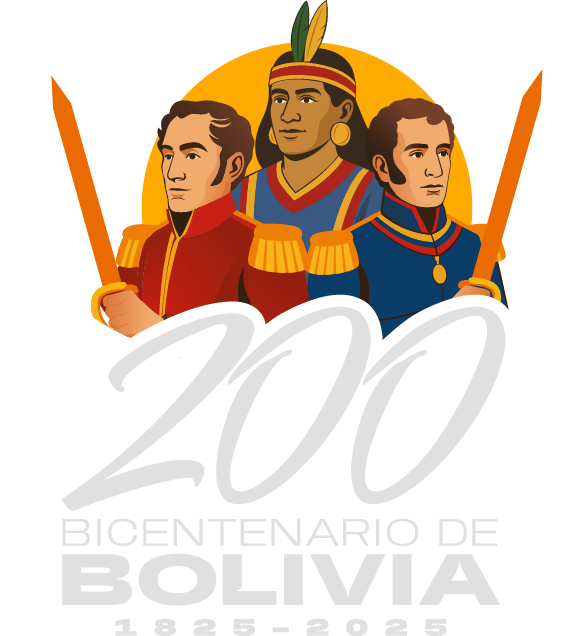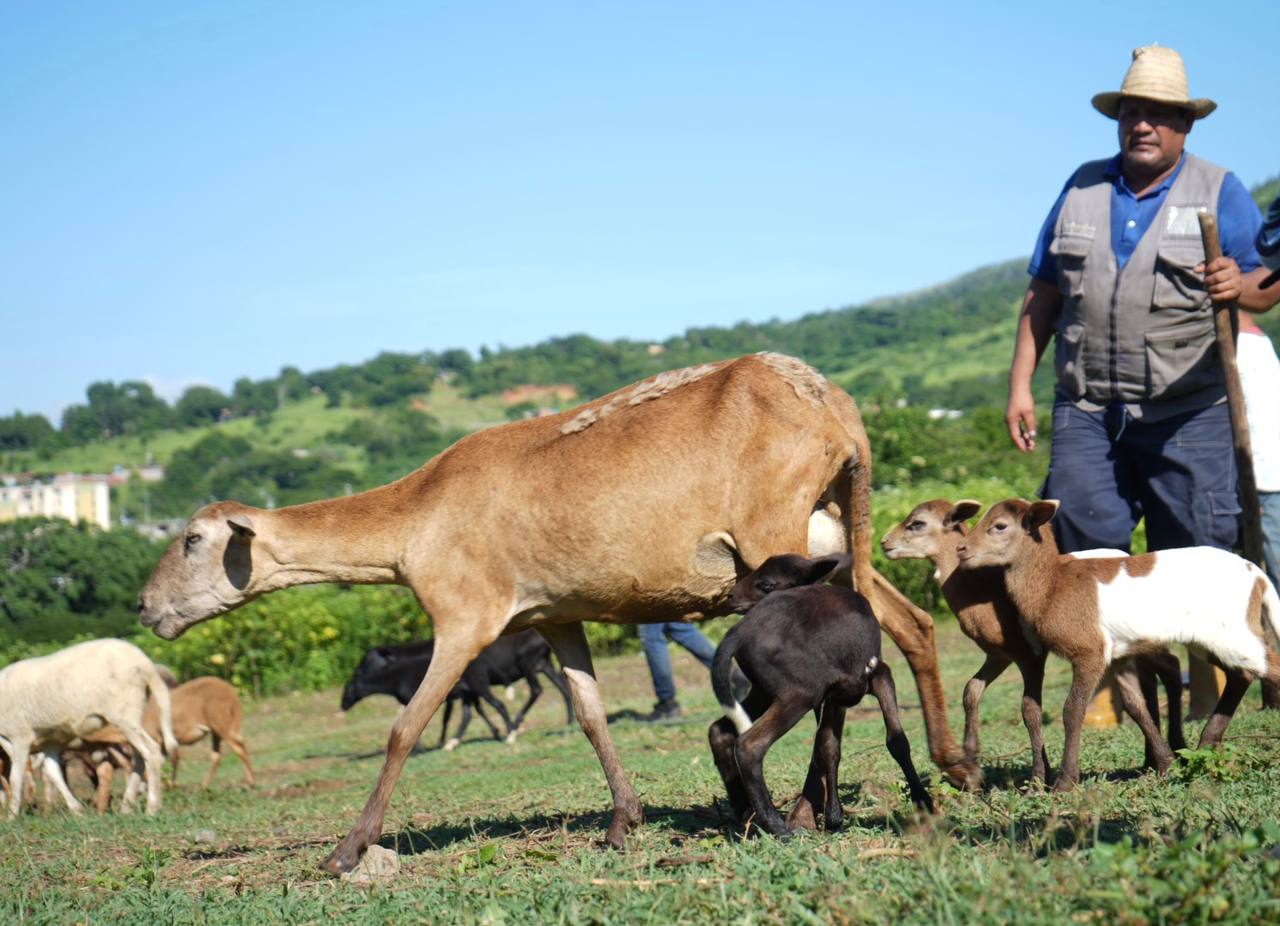Caracas, August 7, 2023. In the last four years, the men and women who make up the Comuna Flor de Guayana, based in the parish of Unare, in the Caroni municipality in Bolivar state, dedicated themselves to raising small animals, ruminants and monogastric animals, such as pigs, poultry and goats, to supply meat products to the communities.
According to Carlos Romero, a spokesman for the Flor de Guayana Commune, this activity arose as an initiative of the organized community itself, which needs to acquire animal protein at fair prices but in a sustainable and regenerative manner that respects the environment.
“We have more than 90 pigs, between animals destined for fattening for sale and breeding mothers. We have hens to obtain Creole eggs for reproduction and the production of chicken meat for the consumption of the families of the commune. We try to use organic inputs, nothing chemical. In addition, we use processes that do not destroy the soil since we aspire to venture into food planting to promote the food sovereignty of our territory”, he said.
Romero emphasized that the Flor de Guayana Commune knows the right path in agriculture and animal husbandry in each territory since Venezuela has already spent too much time in a state of food dependence.
“We promote local, natural production. We work to eat what is ours. That is what we want to take care of and preserve. We have the capabilities. We transmit this knowledge by example. From their fathers and mothers to their children. Currently, we are carrying out a youth recruitment program to identify all the young people of the commune, to motivate them to join the socio-productive projects, especially the breeding of small animals”, he said.
The spokesman added that the commune is focused on the shed construction on a large piece of available land to improve the organization of the animals and strengthen production.
“Our organized community works with the Caballos de Bolivar, Orientadores de la Patria, and Cristo Redentor communes. We also promote barter and food exchange, especially fish, since our commune does not have that potential. We have a Mission Base, and we always discuss alternatives to improve food, health, education, culture, sports, and recreation in the communities,” said Romero.



